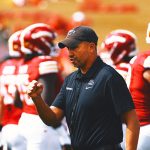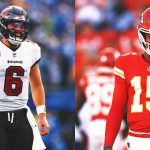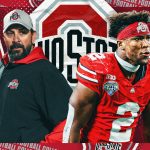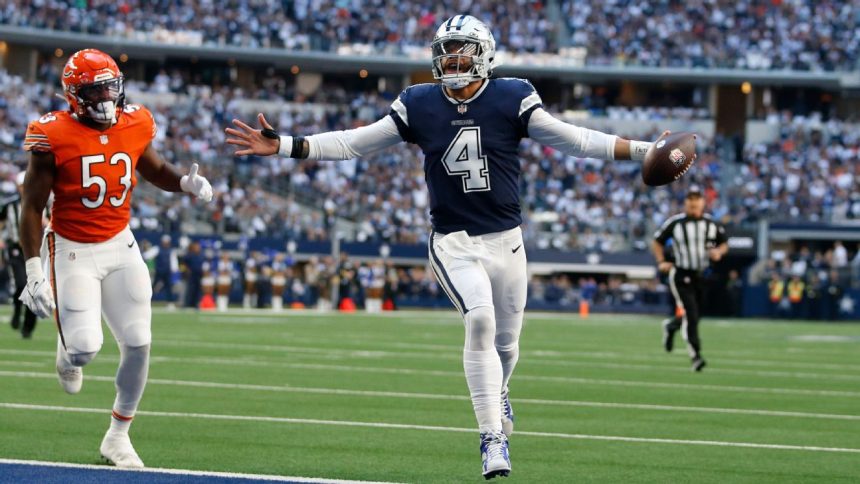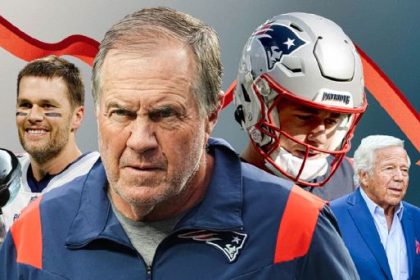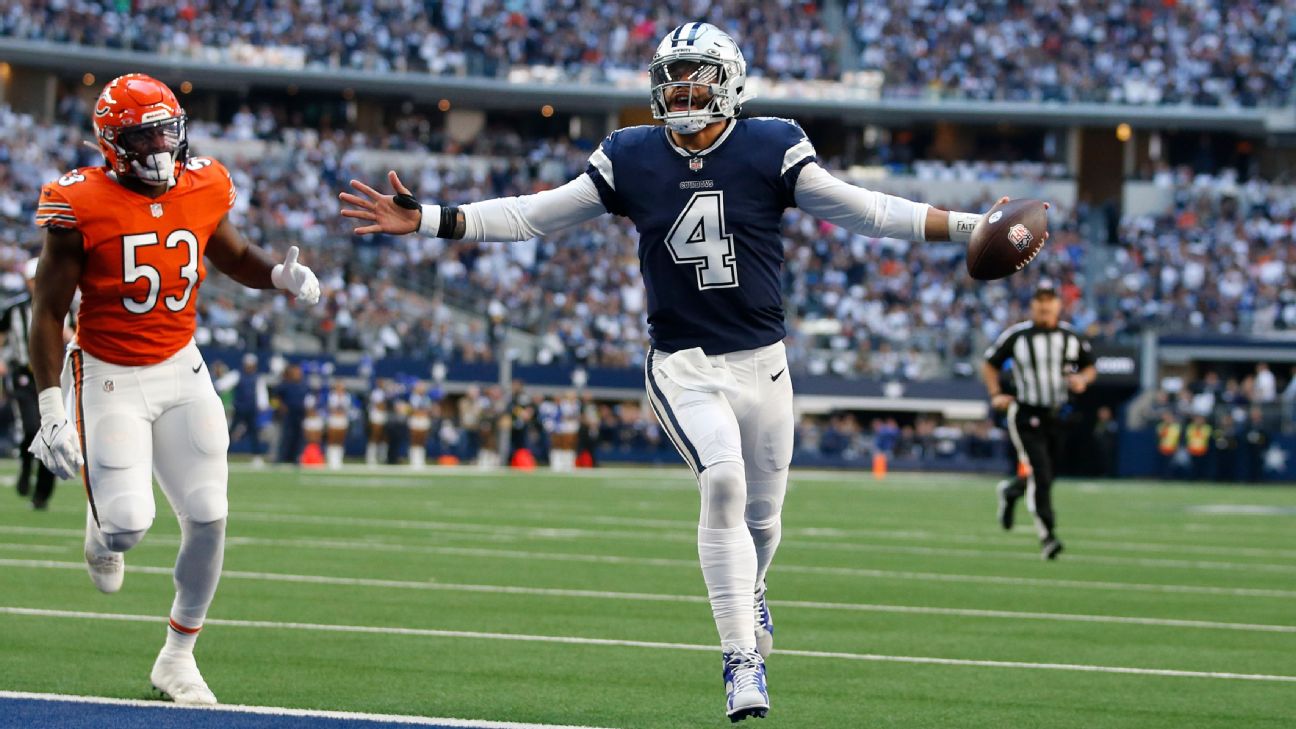
FRISCO, Texas — The Dallas Cowboys have made no secret about their wishes. They want to sign Dak Prescott, CeeDee Lamb and Micah Parsons to contract extensions.
It was something they used to do routinely with players they wanted to keep off the free agent market. As recently as 2019, they signed DeMarcus Lawrence, Jaylon Smith, La’el Collins and eventually Ezekiel Elliott to extensions. Prior to that, stars like DeMarcus Ware, Jason Witten, Tony Romo and Terence Newman rarely sniffed the open market, signing deals most of the time before their contracts expired.
Lately, it’s been more difficult.
They signed Pro Bowl cornerback Trevon Diggs to a five-year, $97 million extension last summer and had designs on getting something done with Lamb, too, but nothing came of it.
In fact, nothing appears imminent with any of the three players they want to sign. In terms of importance, Prescott would seem to be the most pressing because they cannot use the franchise tag on him in 2025. The Cowboys can use the franchise tag on Lamb in 2025. They will have Parsons under the fifth-year option in 2025.
Why does it matter? The longer the Cowboys wait on deals, the more likely the cost increases. That can impact their ability to keep other players or add pieces in free agency. And extensions allow for roster continuity without the potential distraction of a holdout. They also take away the ill feelings of a player questioning how much the organization wants them. And it gives other players hope that they can sign long-term deals with the franchise.
Instead, these talks seem to almost get to a point of no return, causing unnecessary drama.
In 2019, Lawrence said it was not his job to manage the Cowboys’ salary cap when in discussions with the Cowboys on an extension after playing the 2018 season on the franchise tag. He would eventually sign a five-year, $105 million deal with $65 million in guarantees.
The Cowboys have long used a pie as a metaphor for the salary cap. There’s only so many pieces to go around, and as a result, the more one player takes, the less there is for the others, which makes it difficult to keep a good roster intact.
The Cowboys aren’t wrong in their view, but their message is not convincing.
Unlike his fellow first-round offensive linemen Tyron Smith and Travis Frederick, who signed extensions as soon as they were eligible after their third season, Zack Martin waited until after his fourth season to sign an extension.
Elliott did not want to wait. He held out of training camp in 2019 before signing a six-year, $90 million deal before the season started. While there might not have been much difference in what the Cowboys offered that spring to what Elliott signed the week before the season, he was willing to test the system.
The length of the deals matters more to the Cowboys almost as much as the money. The longer the deal, the more salary-cap flexibility they can have. The players want shorter-term deals in order to potentially cash in one more time.
Prescott waited two years before signing his four-year, $160 million deal that included $126 million guaranteed. He even got the contract despite a fractured and dislocated ankle that ended his 2020 season after five games. And he appears to be willing to wait again.
Lamb does not appear to be in a rush, either. He was asked numerous times about an extension last year and never seemed to be in a hurry. He will make $17.99 million on the fifth-year option this year. As the offseason program begins, he could skip the voluntary sessions at The Star to work out on his own.
After leading the NFL in catches (135) and setting team records in catches and yards (1,749) last year, Lamb can make a case that he should be the NFL’s highest paid receiver. In terms of average per year, that falls on Miami’s Tyreek Hill at $30 million a year. Davante Adams is No. 2 at $28 million per season.
Perhaps Lamb and Justin Jefferson of the Minnesota Vikings are in a staring contest with neither wanting to go first for fear of setting too low of a bar while wanting to be the highest-paid receiver even for a short period of time. Maybe both are waiting because of the uncertainty at quarterback in their organizations.
And so everybody waits.
Meanwhile the Philadelphia Eagles signed their left tackle Jordan Mailata, guard Landon Dickerson and kicker Jake Elliott to lucrative extensions in recent weeks as they entered the final years of their contracts.
The Cowboys have their philosophy and don’t stray far from it.
But at what cost?
Eventually Lamb’s deal will likely cost $30 million a year just as Prescott’s current deal ultimately cost them $40 million a year.
Is it an unwillingness of the club to set the market? Is it trying to win the deal? Is it hoping a player will finally see it their way that the pluses of playing in Dallas outweigh just about everything else?
Next offseason, the Cowboys will have to work a deal with Parsons, who can make a case that he should be the highest-paid defensive player in the game after finishing in the top three in the Defensive Player of the Year voting in each of his three seasons.
In 2026, they might be dealing with the same issue with offensive lineman Tyler Smith, who had a Pro Bowl season in 2023 as a guard and could be a franchise left tackle as well if the Cowboys move him this season.
Executive vice president Stephen Jones has said these are good problems to have because the Cowboys have drafted so well.
But they’re still problems if you don’t get the deals done.

